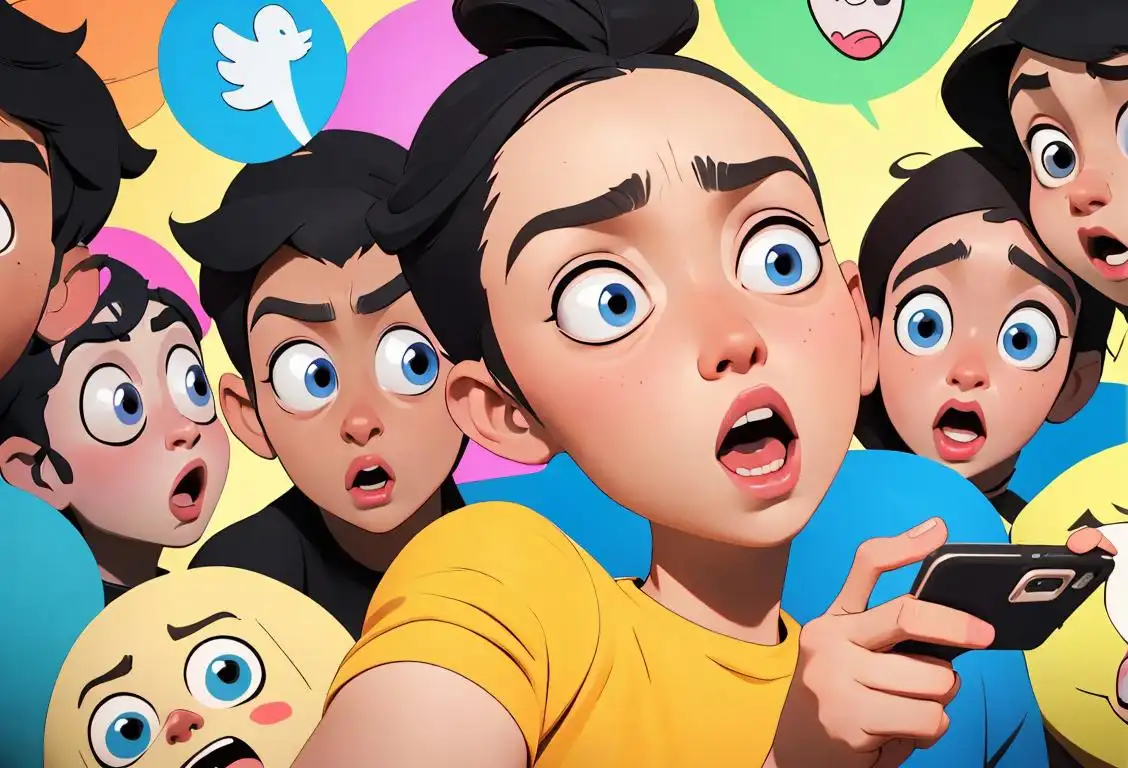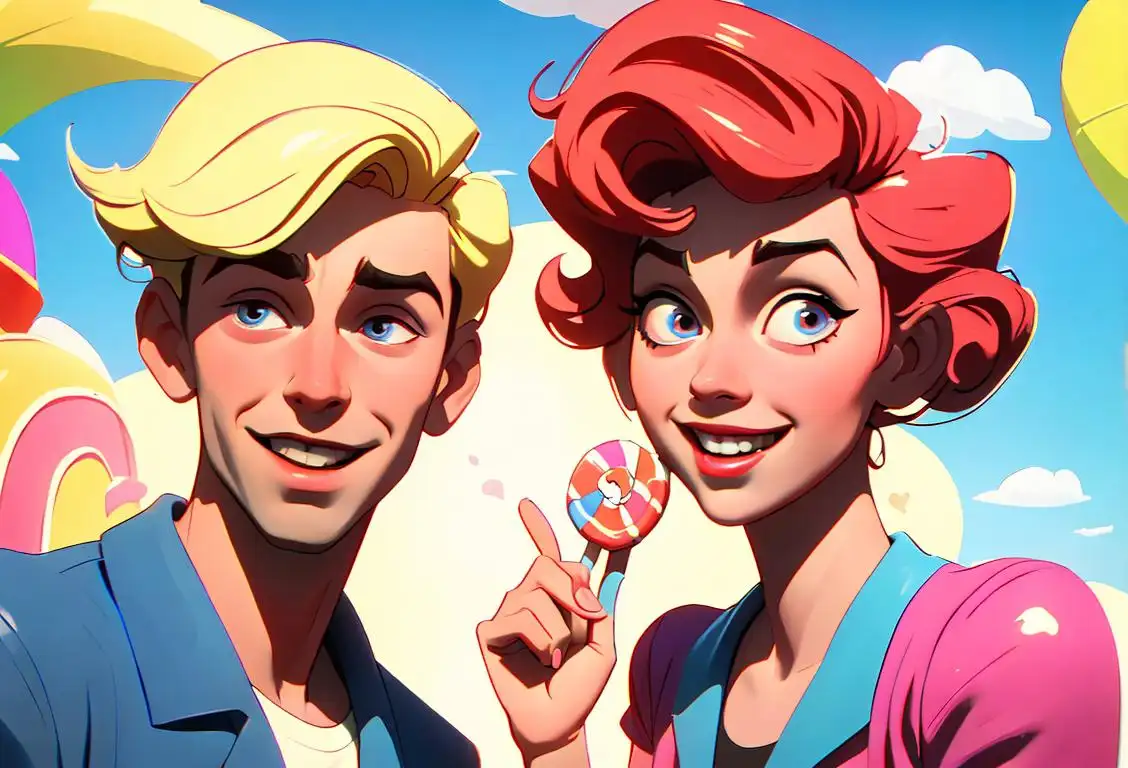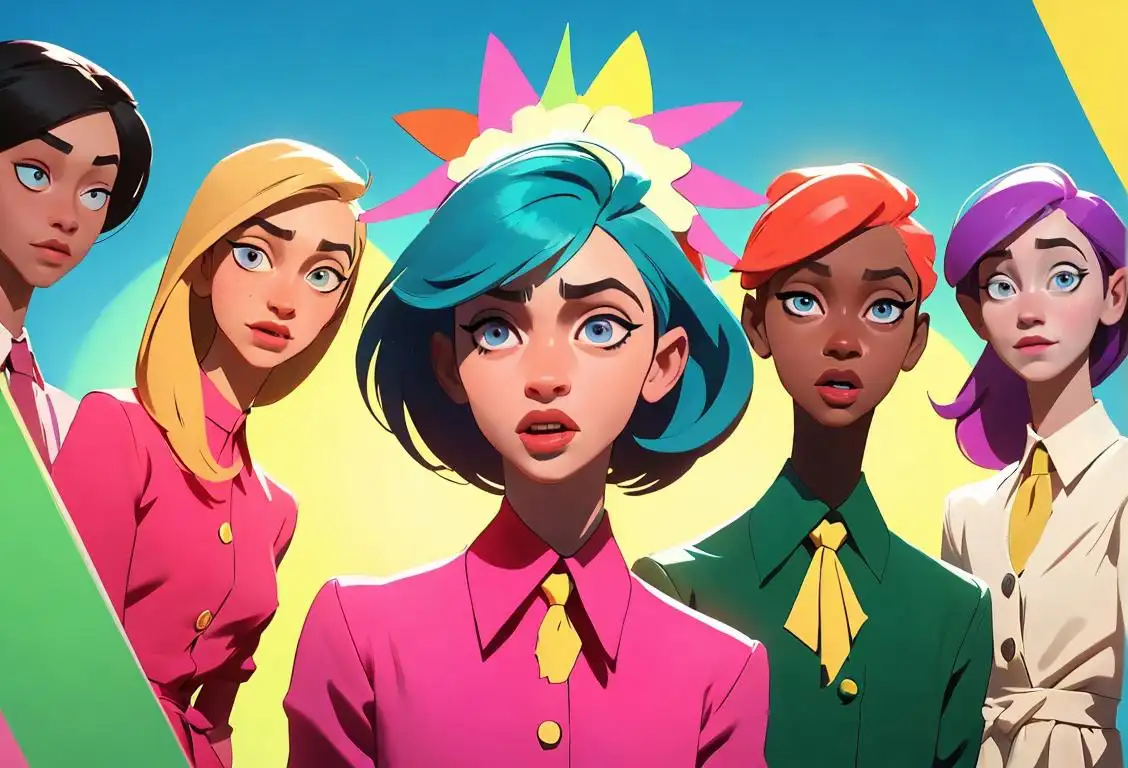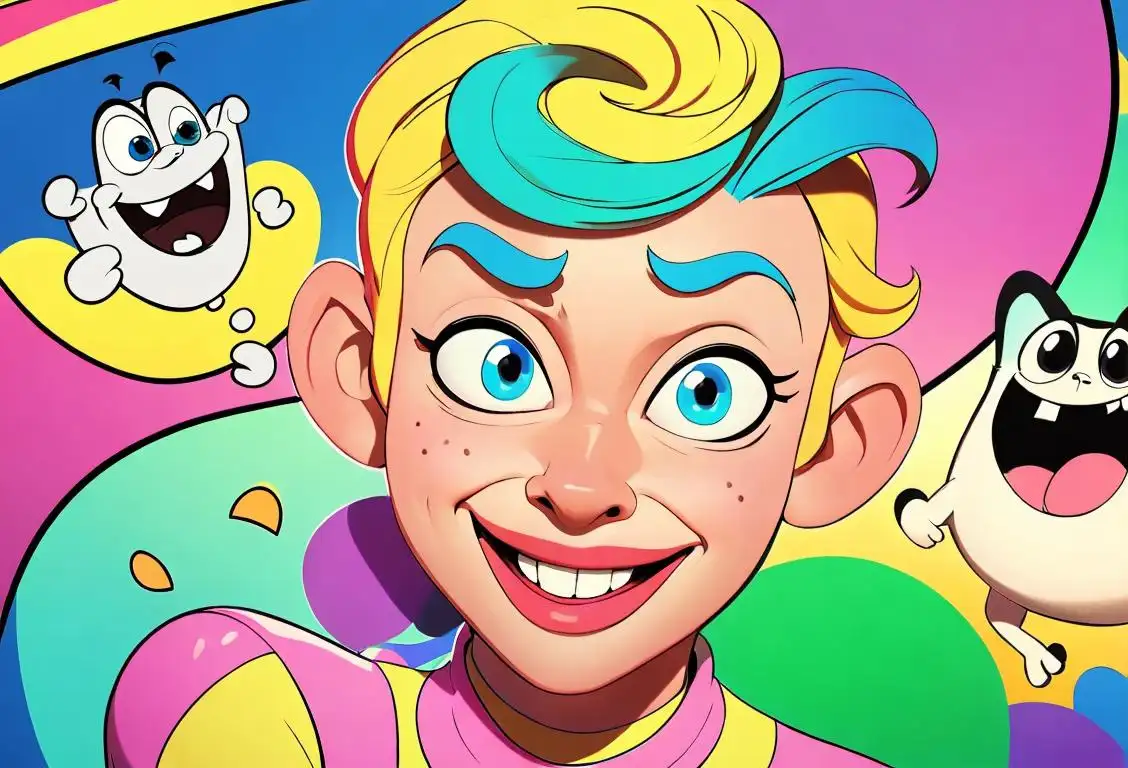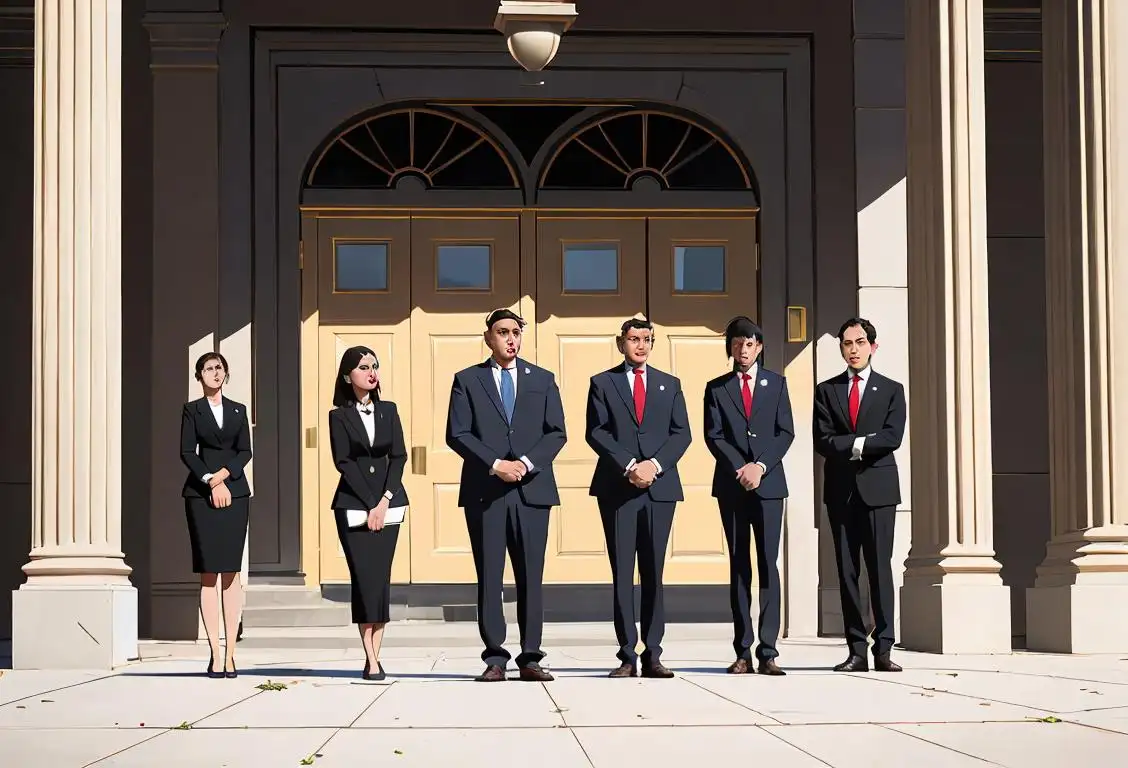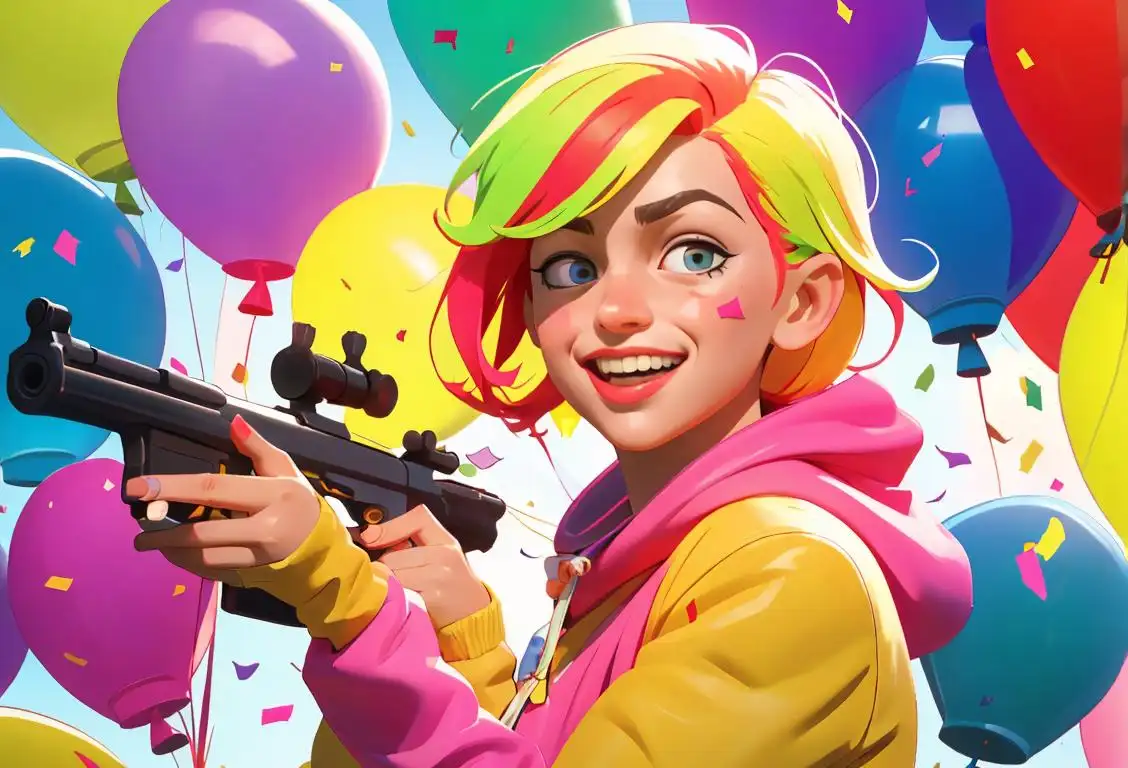National Lol Day
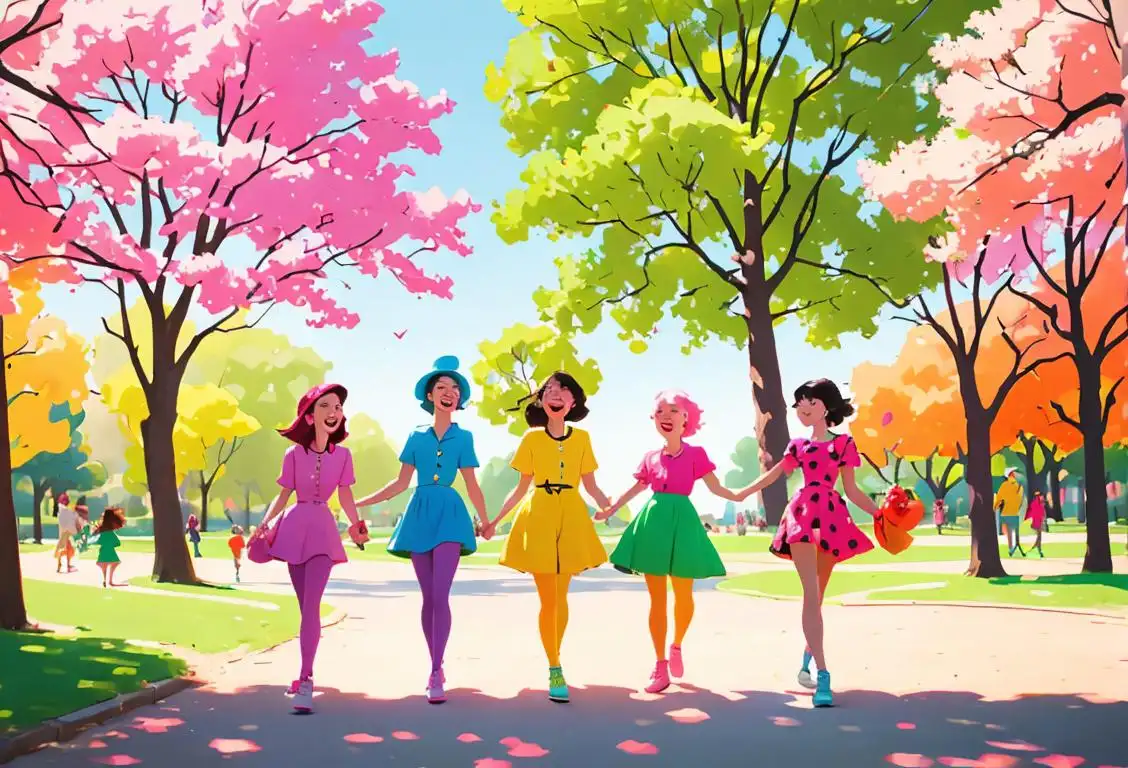
Welcome to National LOL Day, where the internet comes alive with laughter! Prepare to have your sides split and your funny bone tickled as we dive into the hilarious history of this special day.
When is Lol Day?
It's national lol day on the 4th October.
The Birth of LOL: From Internet Acronym to Global Phenomenon
LOL, an acronym for Laugh Out Loud, has become one of the most commonly used expressions online. But do you know how it all started?
Back in the early days of the internet, the concept of expressing laughter through text wasn't as prevalent as it is today. People had to type out 'Hahaha' or 'Hehehe' to indicate amusement. But in the late '80s and early '90s, as online communication began to evolve, the need for a shorthand way to express laughter became apparent.
It was in the chatrooms and message boards of the internet where LOL was born. As quick typists became more and more creative, they started to experiment with acronyms. And thus, LOL emerged as a simple yet effective way to convey laughter in the virtual world.
Over time, LOL spread like wildfire. It found its way into emails, instant messaging platforms, and even became a part of everyday conversations. It became a staple of online humor, signaling that something was genuinely funny and deserving of laughter.
Celebrating National LOL Day
On National LOL Day, people from all corners of the internet come together to celebrate the joy and power of laughter. It's the day to share hilarious memes, watch funny videos, and engage in online humor like never before.
Here are a few ways you can join in on the laughter:
- Spend the day scrolling through your favorite meme accounts and giggling uncontrollably.
- Share funny jokes and puns with your friends and loved ones. Laughter is even better when it's shared!
- Host a virtual game night and play comedy-themed games to keep the laughter flowing.
- Watch a classic comedy movie or binge-watch a hilarious TV series.
Remember, laughter is contagious, so don't hold back on National LOL Day! Let's spread the joy and make the internet a happier place.
History behind the term 'Lol'
1989
Birth of 'lol'
The term 'lol' first originated in 1989 in the early days of online communication. It was used in Usenet, a worldwide distributed discussion system, to stand for 'laugh out loud'. People would use this acronym to express amusement and communicate their laughter in text-based conversations.
1996
Popularization of 'lol'
In 1996, 'lol' gained significant popularity as the internet started to become more mainstream. As more people started using instant messaging platforms like AOL Instant Messenger (AIM) and Internet Relay Chat (IRC), 'lol' became a widely recognized abbreviation for laughter. It quickly spread throughout the online community and became a staple in digital communication.
2000
'Lol' Enters Pop Culture
By the early 2000s, 'lol' had become deeply embedded in popular culture. It transcended the boundaries of online communication and started appearing in various forms of media. The term was frequently used in email exchanges, online forums, chat rooms, and even in mobile phone text messages. Its usage expanded beyond just laughter and began to represent light-hearted amusement and friendly banter.
2011
'Lol' in the Oxford English Dictionary
The cultural significance of 'lol' was officially recognized in 2011 when it was added to the Oxford English Dictionary (OED). This inclusion solidified 'lol' as a widely accepted term in the English language. It highlighted the impact of internet culture on linguistic evolution and the integration of digital expressions into mainstream communication.
Did you know?
Did you know that LOL was first used on the internet in a 1989 online newsletter called <em>FLAME Wars</em>? It's been making us laugh ever since!Tagged
fun humor internetFirst identified
6th July 2016Most mentioned on
4th October 2016Total mentions
17Other days
Twitter Meltdown Day
Suck Dick Day Day
Accusatory Look From Your Pet Day
Statement Of The Bastard Obvious Day
Stupid Reply Guy Day
Maymay Day
Cartoonist Day
Weed Drug Test Unemployment Day
Gun Titles Day
Eat Ya Girls Ass Day
